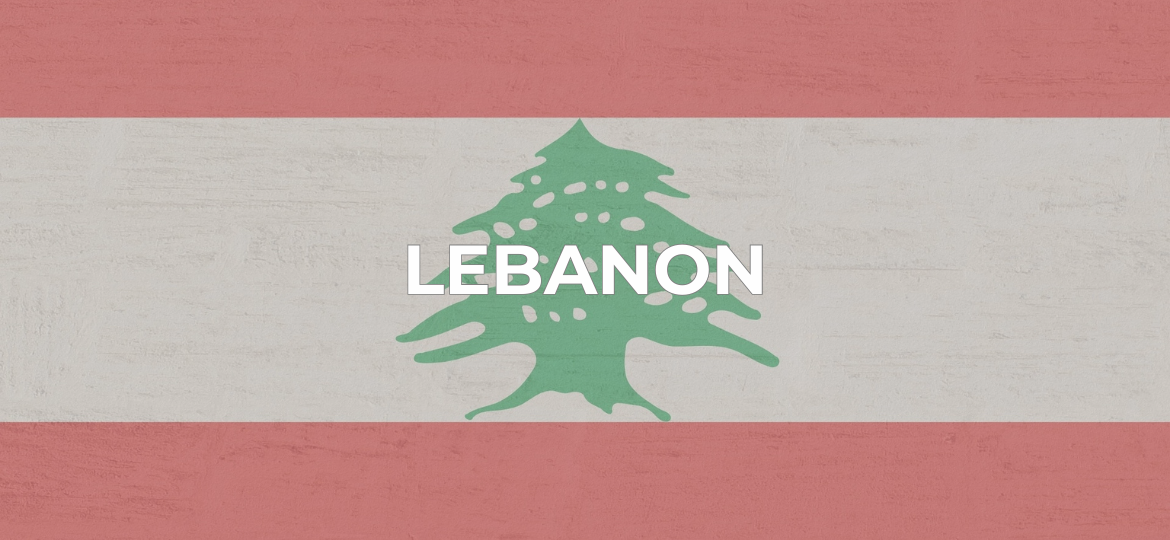
ProtectDefenders.eu expresses its concern regarding the situation of freedom of expression in Lebanon and subsequent harassment of human rights defenders in the country.
On Thursday 20 April, the Lebanese lawyer, human rights defender and director of the NGO Legal Agenda Nizar Saghiyé was summoned to appear before the Beirut Bar Council. The summons followed Mr Saghiyé’s criticism of an amendment to the Code of Ethics of the Beirut Bar Association which prevents lawyers from speaking publicly in the media without prior authorisation from the President of the Bar Association. Requiring lawyers to obtain prior authorisation from the President of their Bar Association before making any media statements curtails their freedom of expression.
Currently, the Lebanese government is debating a new media law behind closed doors and there has been an increase in the number of arrests of journalists. Recently, the President of the Lebanese Bar Association denounced the “chaos and confusion” allegedly created by the proliferation of websites and social networking platforms. This latest summons is a worrying development in an already troubling trend towards limiting the freedom of expression of Nizar Saghiyé, the Bar’s lawyers, amongst others.
Furthermore, ProtectDefenders.eu condemns the two illegal summonses for questioning that a Lebanese news website director received in less than a week over an article critical of senior officials, including the prosecutor behind the summonses.
Jean Kassir, the director of the independent Megaphone News website, was turning into a narrow Beirut street on 30 March when two plainclothes tapped on his car window and handed him a summons to report for questioning the next day at the Central Inspection Directorate, a branch of the General Directorate of State Security (DGSE). No reason was given on the summons. Kassir refused to go on the grounds that Lebanon’s DGSE is not authorised to investigate journalists. His lawyer went instead.
Although no reason was given for the summons, Megaphone News linked it to an article it published on 1 March, headlined “Lebanon ruled by fugitives from justice.” It named several prominent figures accused of “various crimes ranging from looting public money and illegal enrichment to obstructing the law”. They included prosecutor-general Ghassan Oueidat, who is charged in connection with the August 2020 Beirut port explosion and who – according to Megaphone News – was the person who gave the order to investigate the website. Oueidat is well known for initiating legal proceedings in January against Tarek Bitar, the judge tasked with investigating the explosion
On 3 April, a demonstration in support of Kassir was held outside Beirut’s main courthouse by the Alternative Press Union Coalition. A few hours after the demonstration, state security officials went to the Beirut home of Kassir’s parents to deliver a new summons for Kassir to report for questioning on 4 April. Kassir again refused to go, letting his lawyer represent him. That same day, the information ministry called him to say the prosecutor-general had “withdrawn his complaint.” Megaphone News was not officially notified of the decision.
Megaphone News was already threatened with prosecution over its coverage of the investigation into the Beirut port explosion. On 26 January, justice minister Henry Khoury announced that he planned to bring “fake news” proceedings against the website over an Instagram post entitled “Justice minister leads coup against Bitar.” Khoury said he was ready to prosecute any media outlet that “fabricates and publishes false and misleading information” about his ministry.
Lebanon ranks 130 on RSF Press Freedom Index. While journalists thought the October 2019 revolution brought an end to public figures who are untouchable by the media, political pressure is stronger than ever.


